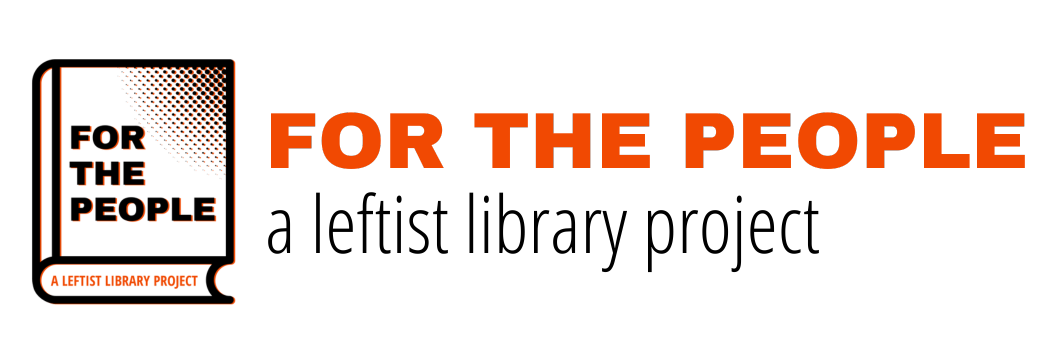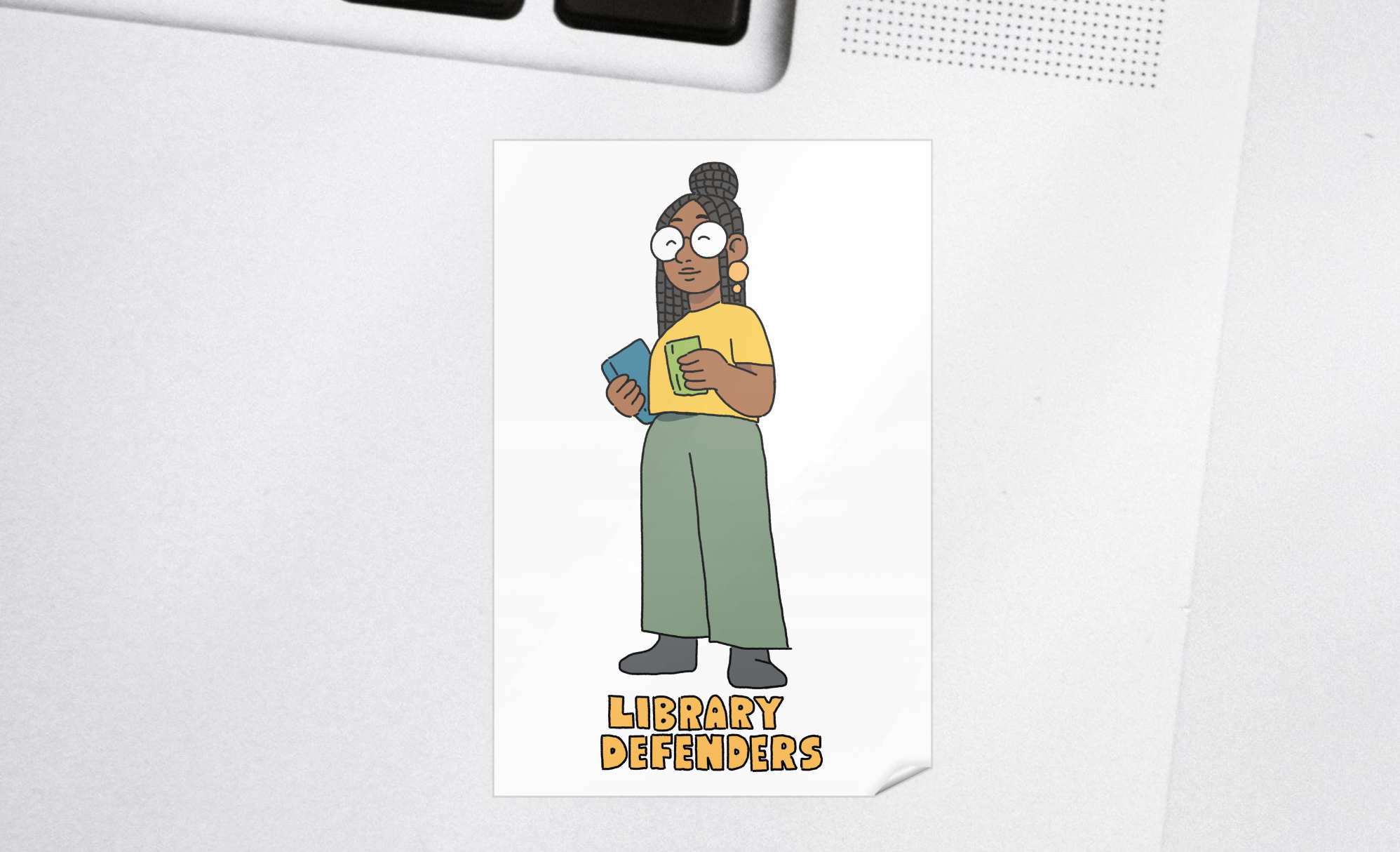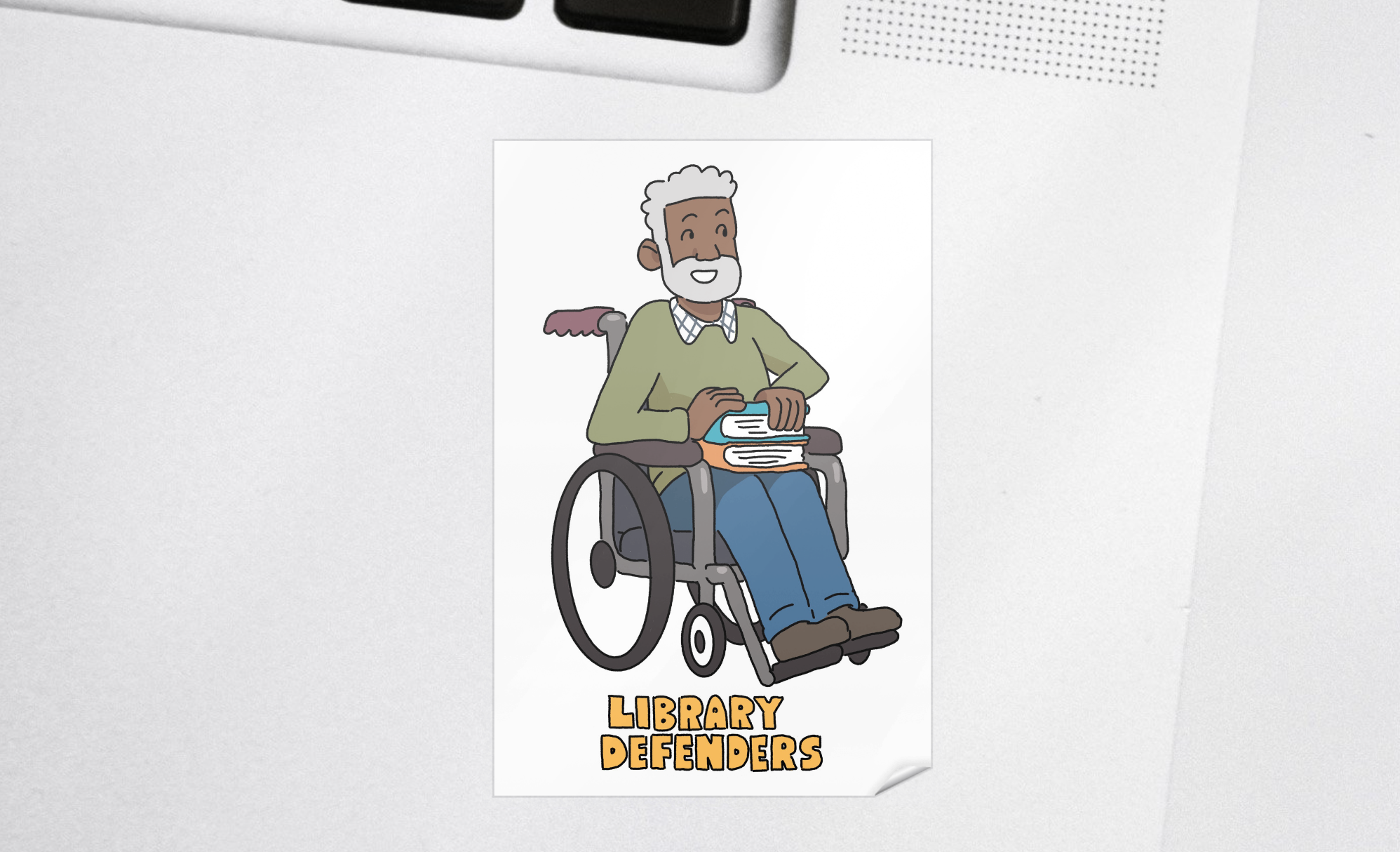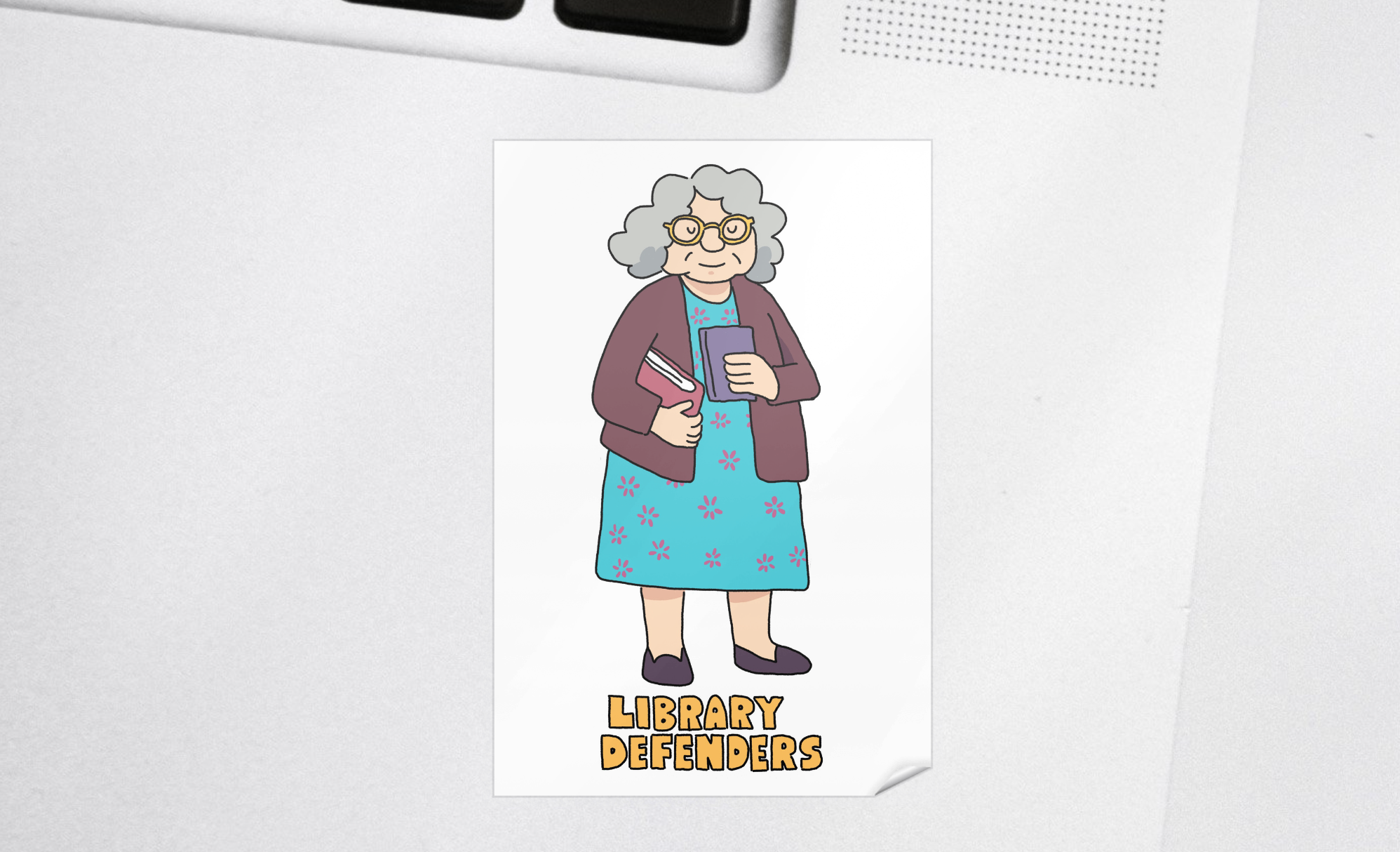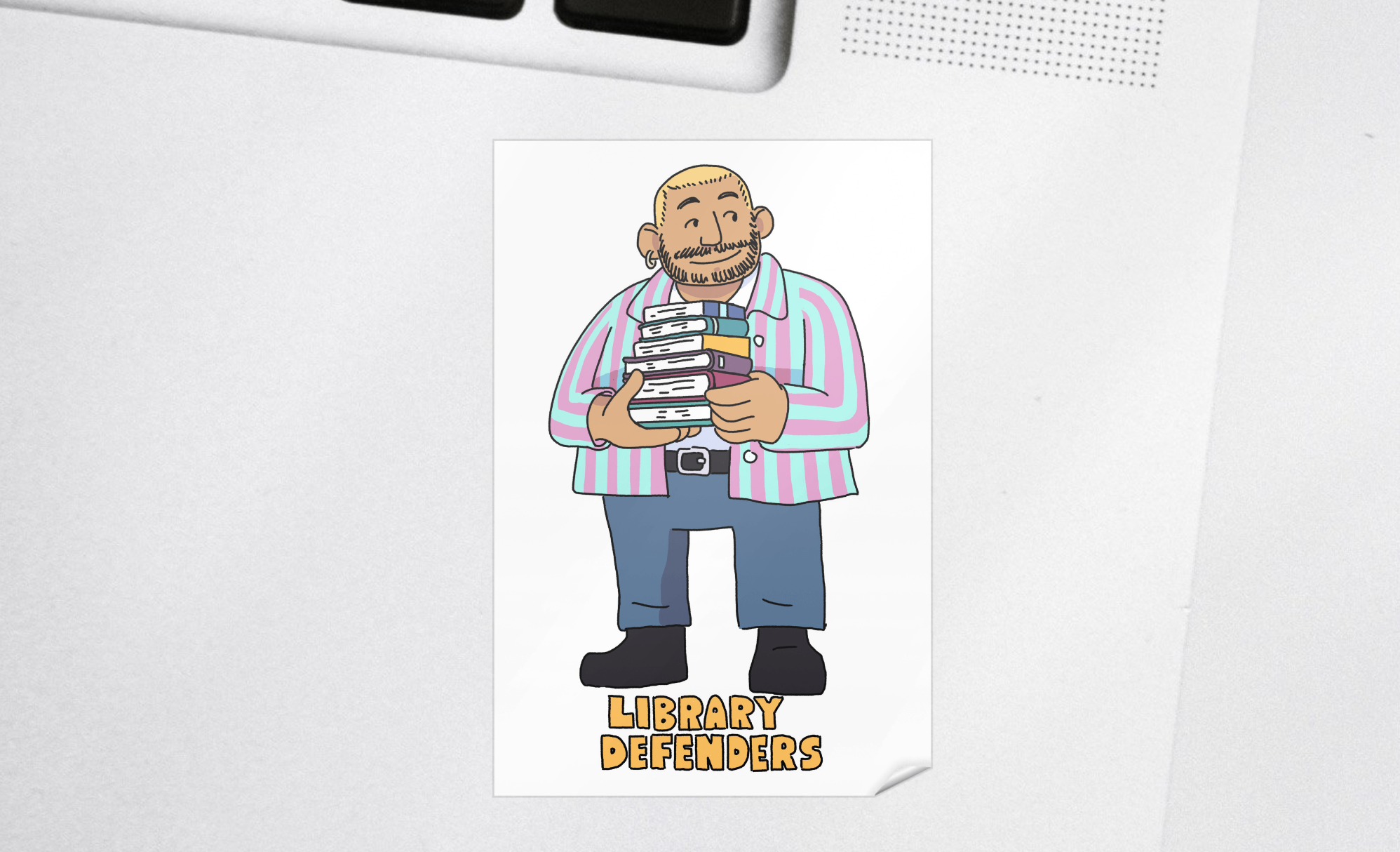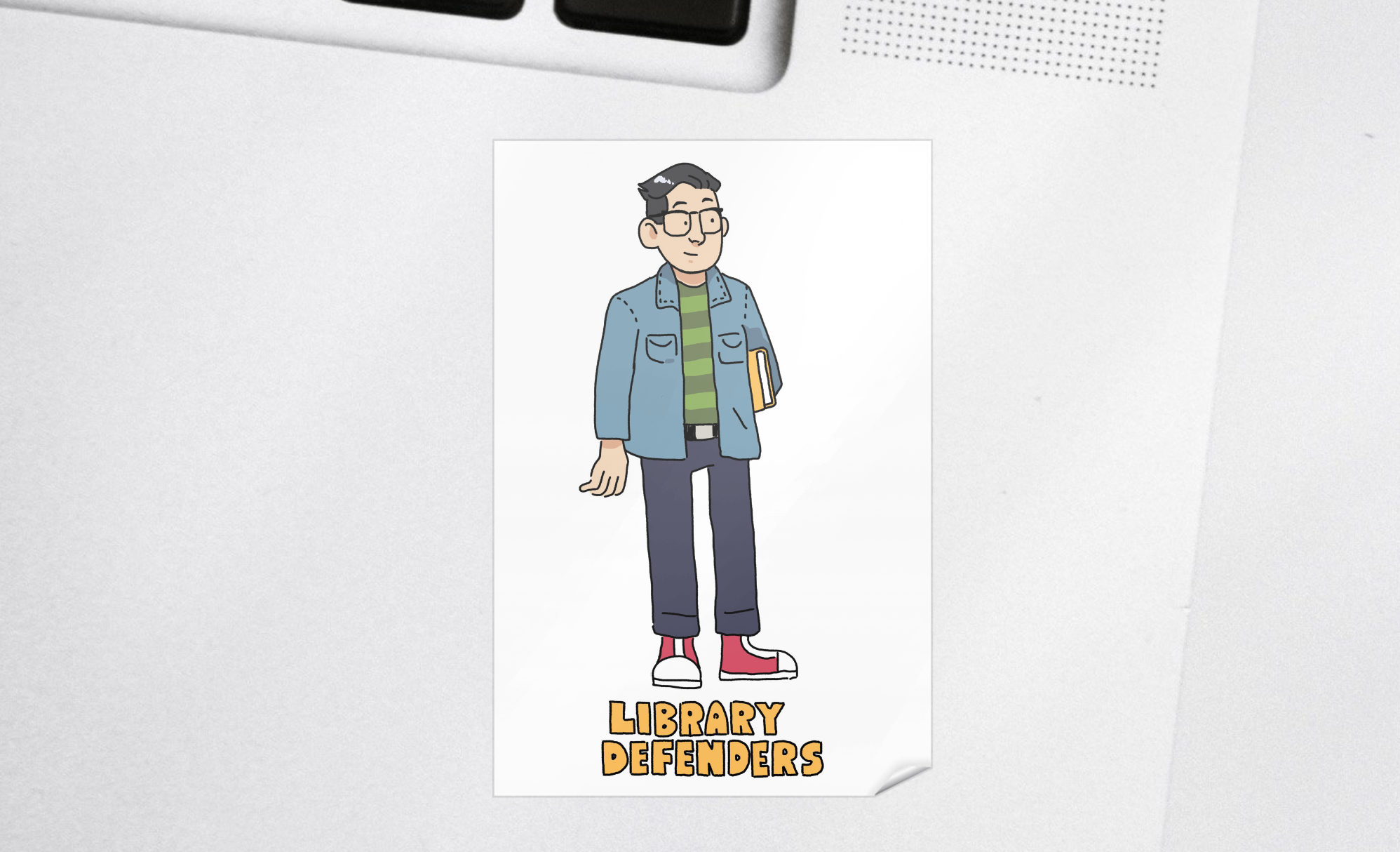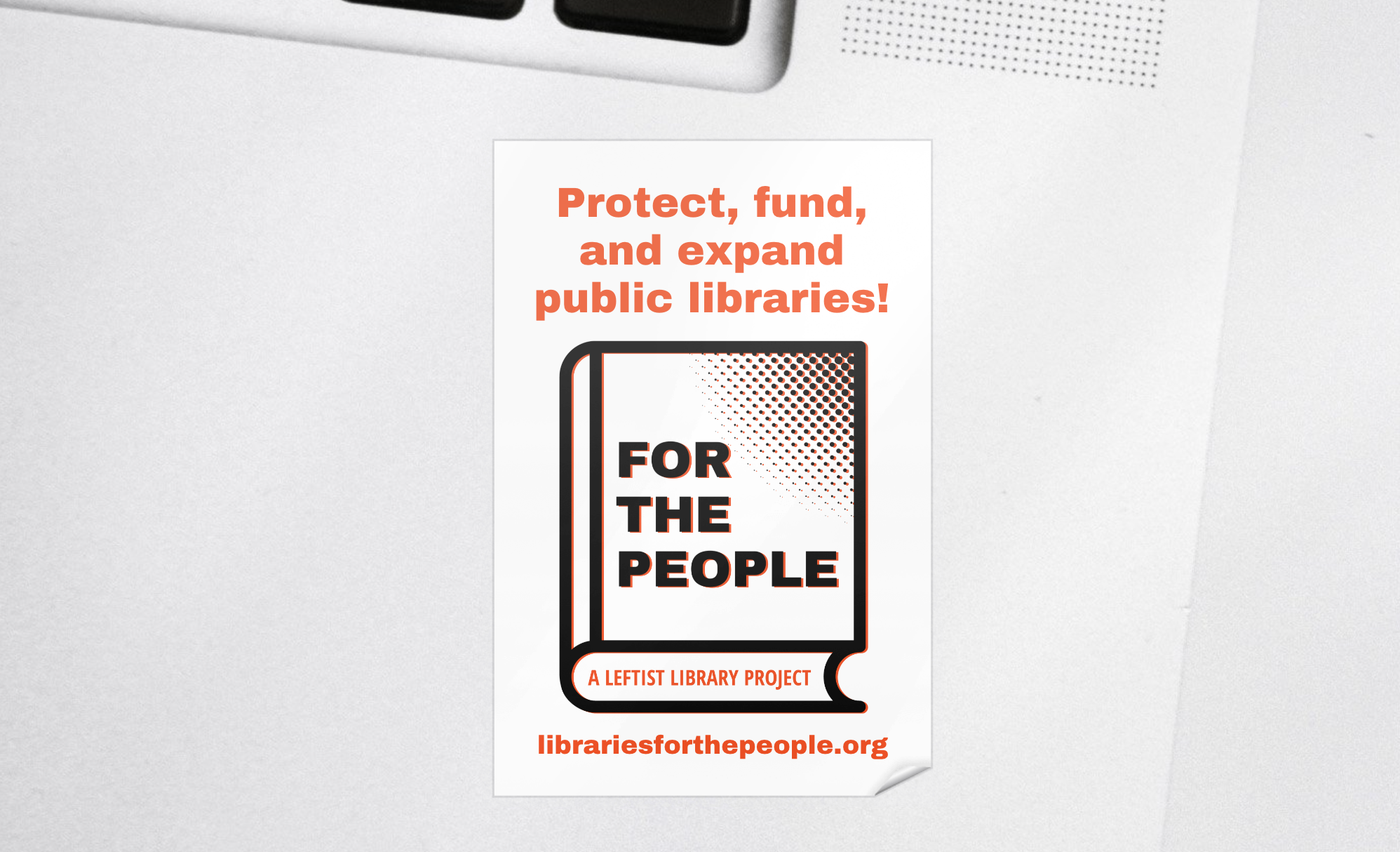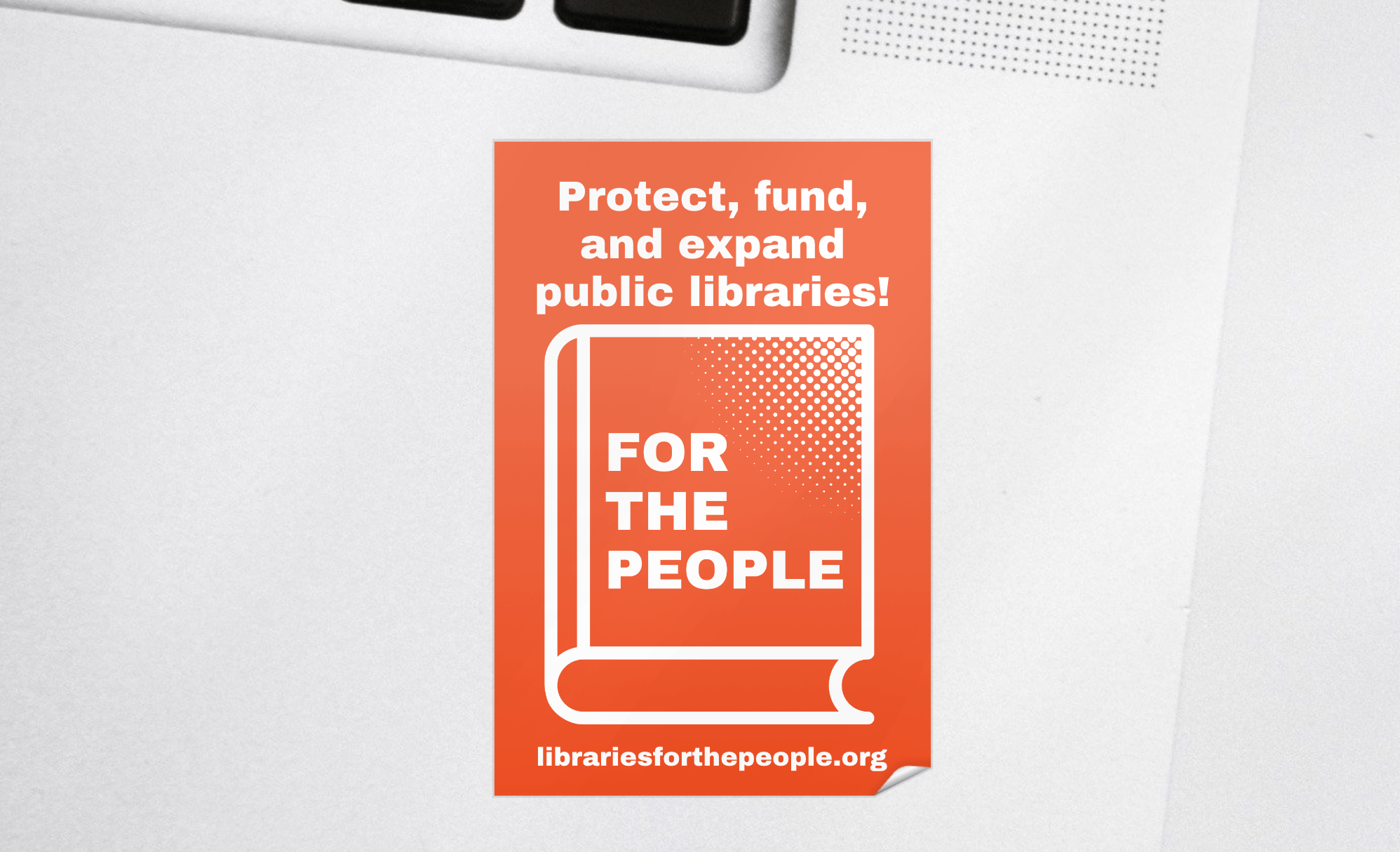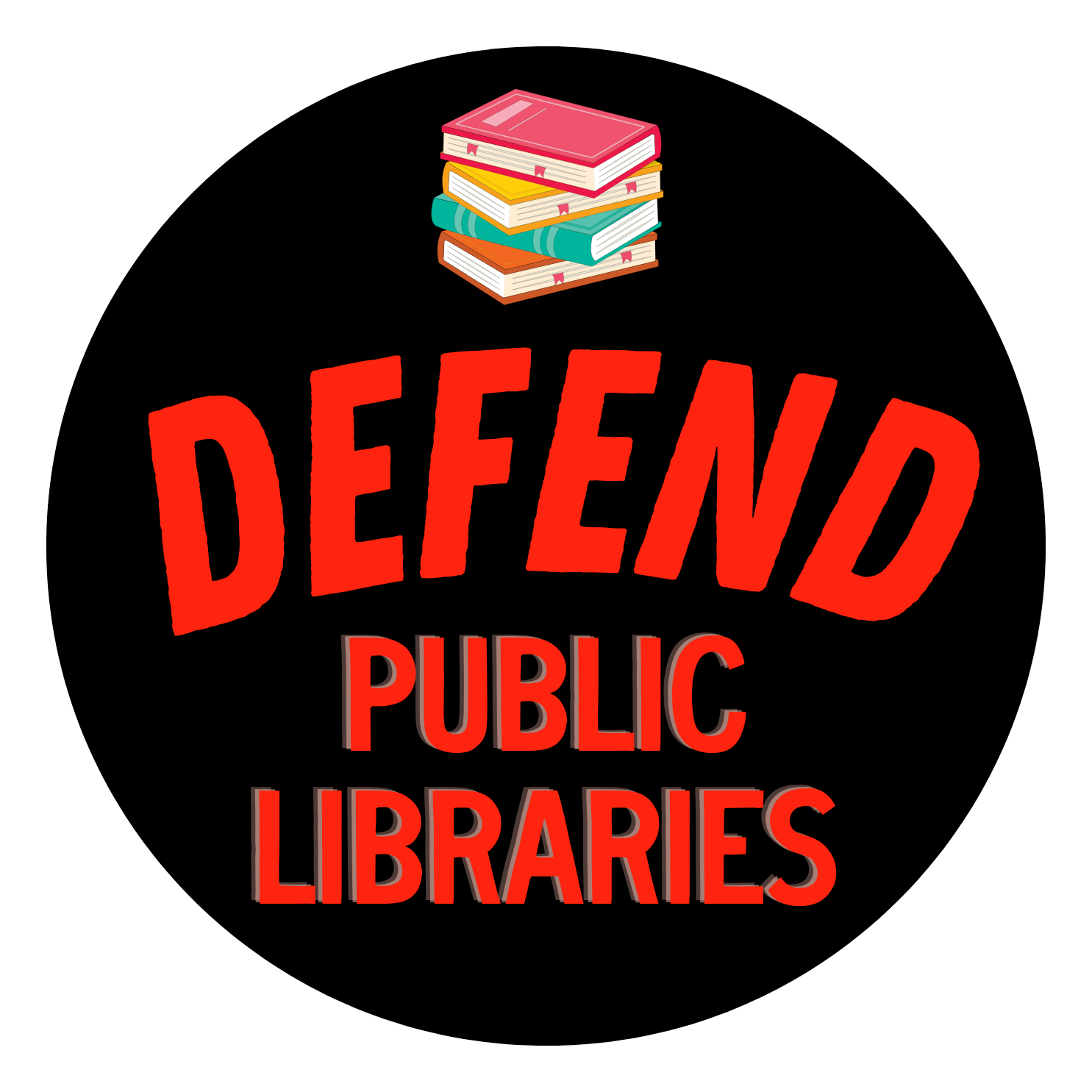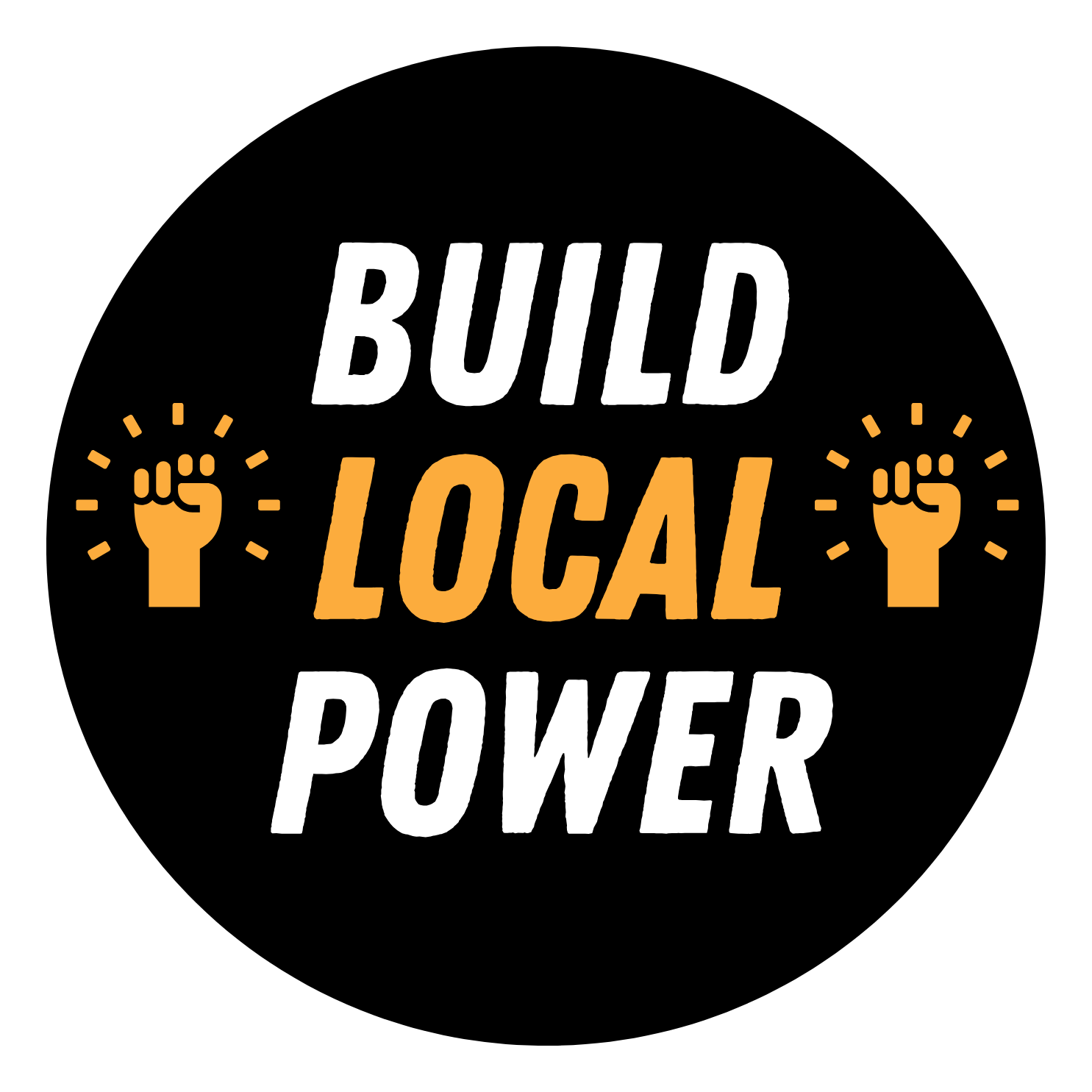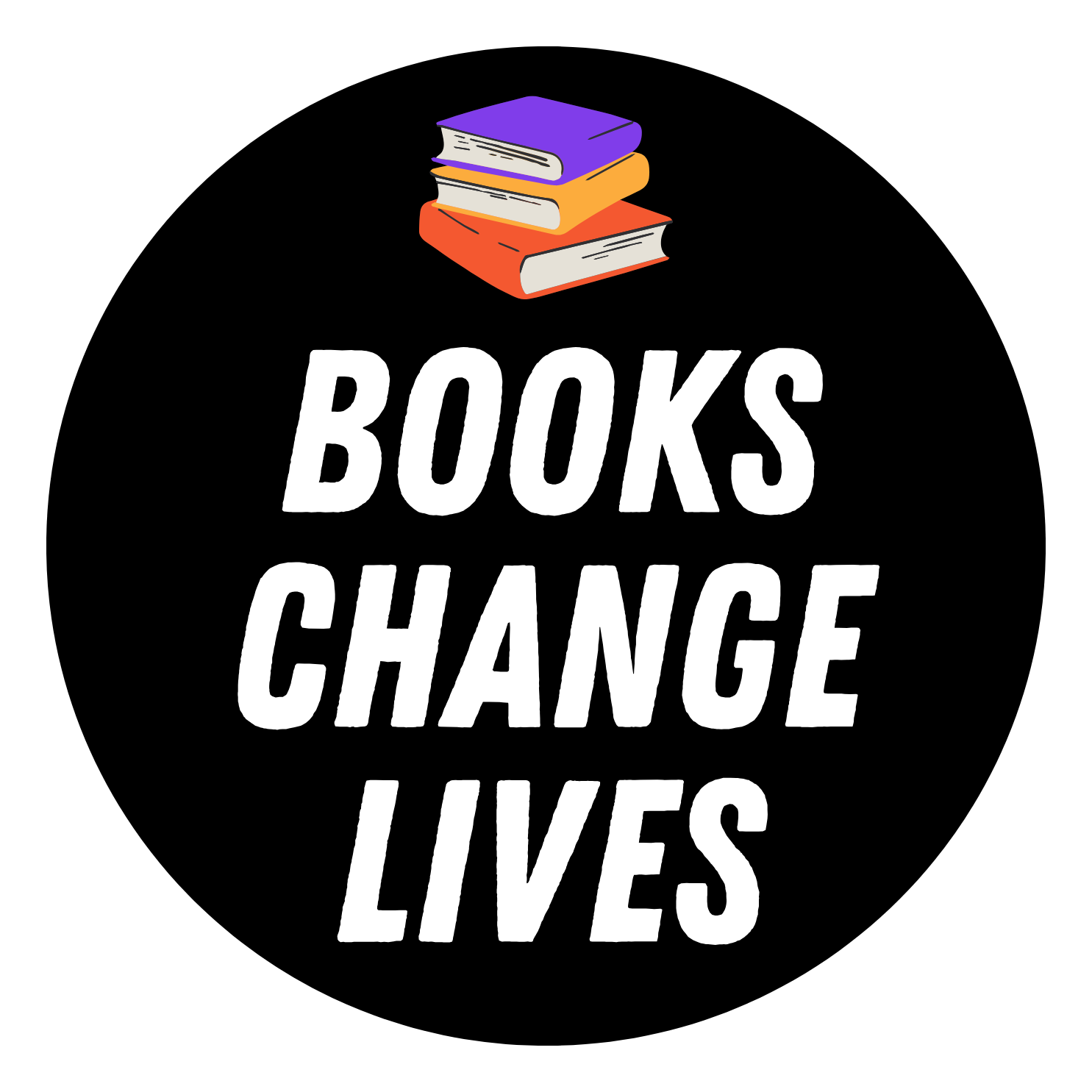LIBRARY ACTION RESOURCE CENTER
People’s Assembly Toolkit
A For The People Publication
HOLD A CONVERSATION WITH YOUR COMMUNITY
For the People Leftist Library Project (FTP) has developed a toolkit to encourage public library defenders to conduct local People’s Assemblies (PA). A People’s Assembly (PA) involves a facilitated gathering where all community members discuss key community issues and collectively problem-solve and decide how to address them.
In the space created by PAs, everyone’s voice, thinking, experiences, ideas, and visions receive equal hearing and value. The PAs empower every participant to exercise their agency and power. Accordingly, PAs are a form of direct participatory democracy that places unwavering trust in those assembling.
Library defenders can conduct a PA to advocate, organize, and mobilize for their local public library. Ultimately, PAs are effective strategies for identifying and addressing the issues most impacting a library institution, its staff, and—perhaps most importantly—its patrons. For example, PAs can address issues related to hyper-policing in public spaces, book bans, and accessibility. Facilitated properly, PAs can uplift and empower communities to co-create their ideal local library.
Get your copy of the toolkit now:
FIND A LIBRARY BOARD SEAT
Using the results of our multiyear nationwide survey, For The People has launched the first-ever Library Seat Lookup tool! Enter an address and find library board seats near you. Then you can attend a meeting, or seek a seat yourself!
Public Libraries 101
A For The People Publication
HOW DOES YOUR LOCAL LIBRARY WORK?
We all love public libraries, but often we don’t know how our local library systems function as political institutions. That’s why FTP has created this free downloadable guide to help you understand how public libraries work, and to get you started asking questions about your community library’s structure, governance, and funding.
Get your copy now:
AND CHECK OUR LIBRARIES 101 VIDEO!
Get great ideas for how to take action today in our Public Libraries 101 video (a companion piece to our zine but with additional info!). Share with friends and neighbors and come up with a plan together. (Make sure to turn on closed captions if helpful.)
Friends of the Library 101
A For The People Publication
What does a Friends of the Library group do?
Many public libraries are supported by a separate organization known as a Friends of the Library group. Friend groups are an effective way to organize broader support for your public library, to get more deeply involved in the practical workings of your library, to make sure the library better serves everyone in the community, and to get experience that can help you get on your library’s board. Learn more in FTP’s Friends of the Library 101 Zine!
Download your own copy:
Show Up At a Board Meeting
HOW TO SPEAK UP AT A PUBLIC MEETING
Showing up to your library board, city council, or local governmental meetings is essential in defending and protecting public libraries and our right to read. Here’s how to do it:
Find out which elected or appointed body is in charge of your local library - is it a city council? A library board? A county board? If you don’t know, search online for your municipality’s or county’s name and “library board.”
Nearly every state requires that public meeting days, times, and agendas be posted publicly online, so you should be able to find out when they’re meeting next. Make a plan to show up - put it in your calendar, figure out where you’ll park, the whole deal, and then ACTUALLY DO IT. You don’t have to talk or do anything else your first time: just find the public meeting and go to it. Sit through it. Bring a friend! Bring a snack!
Some municipalities offer the option to attend a meeting online, or to watch a livestream, or to view a recorded session later - this is also great! Everybody’s comfort level, access to, and ability to attend a meeting in person will vary (and the COVID protocols for different public meetings may be better or worse depending on where you are), so please prioritize your safety and your well-being.
Follow along on the agenda. Write down your questions.
Whatever your participation looks like, the important thing is that you know what’s going on, who your elected officials are, what’s on their agendas, and what they’re up to. This is the heart of democracy - your presence makes a big difference. Plus, once you’ve done it, you’ll know the drill for next time. But paying attention is the first step, so make it real and make it happen.
When you ARE ready to speak up, be sure to check your local government’s website or agenda for rules about public comment, including how long you are allowed to speak, when and how to sign up, and any other requirements.
Not sure what to say? Download and print these helpful guides to make the most of your allotted time to speak. Note: both options are the same content, just in different formats.
Board Watcher Bingo
Have you heard of Court Watchers? The central idea of that project is that "bad things happen in empty courtrooms," (which, let's be real, bad things happen in all courtrooms).
Because bad things also happen at unattended public library Board of Trustee meetings, we’re encouraging you to become Board Watchers for your local public library system. For The People would especially like to encourage those of you who have indicated that you're interested in being seated on your local public library boards to take up this activity. Our spin on the Court Watchers idea also includes bingo, because we want you to have fun! The Board Watcher Bingo squares feature common public library board of trustee responsibilities, activities, or topics.
Here's how to become a Board Watcher:
Find out when your local public library's next board meeting is (in person or remote).
Put it on your calendar (pro board watcher move: put a recurring item on your calendar based on when these meetings usually occur!).
Identify and review any public agendas or perhaps take a look at the minutes from previous meetings.
Attend the board meeting and play Board Watcher Bingo while you attend (download as image or download as pdf).
Take notes while you play (Did you cross off the POLICIES square? What types of policies were discussed? Cross off the ACCESS square? What type of access was covered? Was it access to technology, to facilities, to collections, or something else?)
Extra credit task #1 (worth one square of your choice): Read the public library trustee handbook for your state, or read a general public library trustee handbook if there isn't a dedicated one for your state. Huge thanks to FTP volunteer Lauren for the research help pulling these together: Library Trustee Handbook Collection.
Extra credit task #2 (worth TWO squares of your choice, wow!): Sign up to make a public comment and speak at a public library board meeting. Here's a great set of talking points that you can check out for inspiration. If you don’t have a current issue or problem that you want to address, and you’re not sure what to talk about, find something you think your library is doing well or recount a recent positive experience you had as a library user! Most libraries only hear from patrons with problems (which is entirely legitimate), so adding something positive to the mix can go a long way and shows that there is community support for what you love about your local public library.
It may take multiple board meetings or a meeting plus an extra credit item or two before you’re able to complete a horizontal, vertical, or diagonal line through your bingo card and that’s okay!
The first 25 people to complete their bingo card can fill out this form to receive a small gift from us (Library Defenders Stickers, For The People buttons, and/or postcards).
A Good Public Library Zine
FTP collaborated with visual storyteller Ariel Aberg-Riger on a zine that tells a visual story of how America’s public libraries came to be and their uneven history of serving all who need them.
SAMPLE RESOLUTIONS FOR LIBRARY BOARDS & LOCAL GOVERNMENT
Do some research: has your local town council, city council, county board, etc, passed an anti-book ban resolution? What is your state doing to stand up against book bans? For example, the state of Illinois is considering legislation that would make state grants to libraries (some $61 million dollars) contingent on local governments having a written policy prohibiting book bans. Warm up your search engine and find out what’s happening in your state and region.
If your local government hasn’t passed an anti-book ban resolution, make their job easy. Download copies of sample resolutions, update with the name of your local governing body and any other important details, and email them to your elected officials and urge them to place on the agenda for the next meeting (then keep hassling them until they actually do it).
Sample Resolution 1 (modeled on a resolution from the Westfield Memorial Library)
Sample Resolution 2 (modeled on a resolution from the New Castle Town Board)
ADDITIONAL RESOURCES
Now is the time to be loud about your love of free public space and the importance of fighting censorship and book bans. Use that screen time for good: hop on social media and share your favorite action, statistic, or image from our gallery below. Use the captions as a starting point to share your own thoughts, and add the hashtags #LibraryDefender or #UniteAgainstBookBans. Don’t forget to tag friends in your posts!
Social Media Downloadables
Do you know what our city spends on public libraries? How about on policing? Here’s a hint: one category is way bigger than the other. Public libraries are under attack from all sides, especially when it comes to funding. Libraries are one of the only public, free spaces that are accessible and open to everybody. How can a city be “safe” without access to knowledge? It makes me crazy that we spend so much on cops and so little on libraries - that’s why I’m a #librarydefender.
SUGGESTED CAPTION:
Growing up, I loved getting my library card stamped (yes, I’m old enough to remember that!) Along with summer reading challenges and carrying home a giant stack of new books, it was my favorite part of the week. Join me in STAMPING OUT censorship as we stand with our public libraries in the face of attacks from politicians, right wing groups, and fascists. Visit your local library today and find ways to get activated - can you join a Friends group? Find out how to get involved and steps you can take at librariesforthepeople.org - or just DM me and I’ll tell you what I’m doing! #LibraryDefender
SUGGESTED CAPTION:
This year is breaking all the records on attempts to ban books - and it’s only getting worse. I was checking out Everylibrary.org’s interactive book banning map to see what bills have been proposed in our state - and then I’m heading straight to LibrariesForThePeople.org to figure out what actions I can start to organize locally as a #librarydefender.
SUGGESTED CAPTION:
Libraries are for everyone - or at least they should be! Not only are libraries free, public spaces, but they also provide necessary resources in a world where capitalism and right-wing government actors continue to chip away at social programs, community, and the common good. Do you know what kind of programs your local library offers? Check out their website and sign up to take a class, check out a book, or join your local library’s “Friends of the Library” group. Find more ways to plug in at librariesforthepeople.org - be a #LibraryDefender!
SUGGESTED CAPTION:
Stickers & Buttons
Get the word out in style! Download and print your own Library Defender swag with these stickers and buttons to help spread the word about protecting public libraries. A huge thank you to Flynn Nicholls (see more of his art here) for the amazing Library Defender art!
Ten Ways to Help Your Local Public Library
You know that taking action locally is the only way anything will change - so help your friends and neighbors get started! Here are ten ways you can make a difference in your local library system:
Get (and use!) your library card. Actively using your library card to borrow books, ebooks, graphic novels, media, and other resources is critical to helping libraries maintain and expand their annual public funding sources.
Vote in your local elections. Find out what elected body oversees your library — is it a city council, a library board, or some other group? Support, vote for, and advocate for elected officials who will support public libraries.
Speak up at public meetings. Once you know who the decision makers are, attend public meetings and make public comments on the record. Not sure what your library needs? Get to know your director and staff, and ask them.
Request materials you want to see. Most libraries accept - and indeed welcome! - patron requests for books or other media, and will buy those materials for the community. If you want to see a more diverse collection, submit a request!
Join a library support group. Most libraries have a Friends of the Library group or a foundation that helps support the library. Join other library lovers to help volunteer, fundraise, and get the word out to your neighbors.
Spread the word about libraries. Libraries work tirelessly to get the word out about programs and services - and you can help! Tell your friends and neighbors about what’s happening at your local library and all it has to offer.
Show up to public library programs. Actively attend programs that your library is putting on, and bring a friend (or five). Branch out and try new options - many libraries depend on meeting attendance goals to maintain diverse programming.
Fight censorship and book bans. Speak up locally for the freedom to access and read diverse materials - fight back against book bans and censorship. For more information, read through our resource library or visit GetReadyStayReady.info to learn about strategies and find resources.
Donate to support groups or efforts. Public funding rarely meets all the needs of a library - if you are able to give money, donate to support programs and services that matter to you.
Run for local elected office. Become a decision maker! Run for your local library board, town council, or city government to pass policies and budgets that support and protect libraries.
Download and print our TEN WAYS TO HELP YOUR LOCAL PUBLIC LIBRARY guide, as a flyer, bookmark, or postcard.
